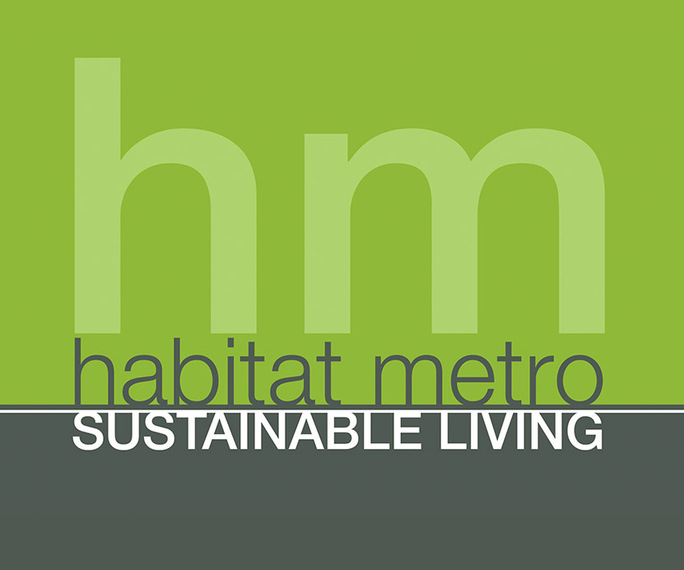Towards a shared vision?
In her seminal work The Death and Life of Great American Cities, Jane Jacobs observed that “Cities have the capability of providing something for everybody, only because, and only when, they are created by everybody.” Her observation came to mind after reviewing the Urban Land Institute’s Rose Center Advisory Services Program Report: Phoenix, Arizona.
A bit of background: the Rose Center for Public Leadership in Land Use is charged to “encourage and support excellence in land use decision making.” Its Rose Center Fellowship Program tapped Phoenix Mayor Phil Gordon, along with three fellow mayors from throughout the United States, to lead working groups of professionals and key stakeholders within their cities in the examination of current land use and policy decisions facing their municipalities and develop a palette of proposed solutions. The recently published report on Phoenix outlined a number of major policy issues faced by the City of Phoenix and within the wider metropolitan area comprising the Valley of the Sun.
Of the four recommendations that comprise its action plan perhaps the most ambiguous, if not sentimental, is the first: “Create a shared vision.” While policy actors, public and private stakeholders may aspire to such an achievement, it stands in stark contrast with the cacophony of voices present at any particular discussion of public or common import, especially when it such discussion involves the challenge of city building.
Truth be told, we enjoy (for the most part) the manic energy that one associates with city making, and the attendant conversations and passions associated with such common endeavors. Those conversations and passions are constitutive components of a city. In fact, one could make the argument that those conversations and passions are elemental to the development of a civic soul and sense of place. Inscribed in arguments over what buildings to save, the width of a given sidewalk, or the material palette of a landscape plan are the cumulative opinions of countless residents, developers, city staff, and elected officials. Stories of how a particular decision was arrived at come to define and crystallize public and private values espoused in a given community at any point in its evolution.
So we find ourselves in our stark little patch of desert at one of those interesting times, when we must grapple with larger questions about how we evolve as a city and community, physically, economically, politically, and possibly spiritually. Frustrated with the status quo? Involve yourself. Broken business model? Evolve yourself. The only way you can lose is by not engaging yourself in the conversation.
